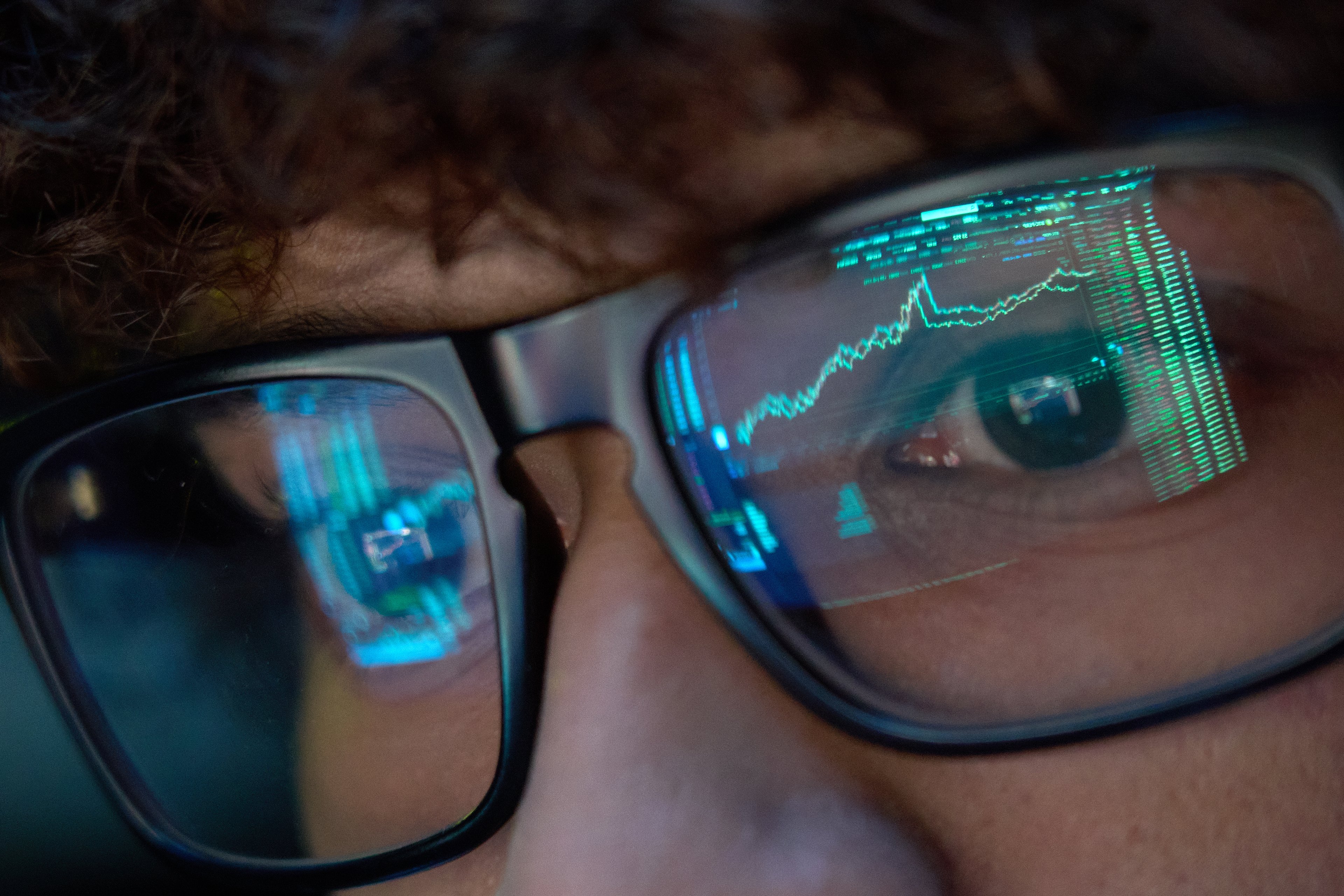The U.S. stock market has been going bonkers for over five years, as the chart below shows. So it's not surprising that bears have started to make appearances on major financial news outlets more frequently of late, warning of the forthcoming "epic bear market" or "crash of 2014."
Bear market warnings hit fever pitch last February when a 13F filing revealed that "The Man Who Broke the Bank of England," namely George Soros, had in the fourth quarter of 2013 taken out a huge bet against an exchange-traded fund that tracks the S&P 500. Adding to these worries, Soros Fund Management reportedly increased this bet in the second quarter of this year, making it the fund's largest holding.
To top it off, the fund sold approximately 30% of one of its top holdings, Teva Pharmaceutical Industries (TEVA 1.26%), in the second quarter, even though the company looks poised to continue its recent bull run.
Are the good times about to come to a screeching halt?
Before you run off and sell all your stocks, buy gold, or perhaps stuff your cash in a mattress for safekeeping, I think one of Soros' better-known quotes about predicting market behavior is particularly important to keep in mind right now.
The financial markets generally are unpredictable. So that one has to have different scenarios...
So by his own admission, Soros is not prescient, and his bearish bet against the S&P 500 is probably best viewed as a hedge.
After all, there are good reasons to believe that the market could fall sometime soon, including the Russia-Ukraine crisis, P/E ratios creeping up to five-year highs, and the putative end to the Federal Reserve's quantitative easing. In short, this prolonged bull market is not without its proverbial headwinds going forward.
On the flip side, the Soros Fund's latest 13F filing also showed that it increased its position in highly volatile tech stocks like Apple (AAPL 3.68%) and Facebook (FB 2.60%), which inhabit a sector known to be particularly susceptible to downturns in the overall market.
Aren't these bullish and bearish bets contradictory?
While the average retail investor probably tends to think in linear terms (bull or bear), sophisticated investors like Soros generally employ a mixed strategy that varies with market conditions.
This concept of using a sliding, bull versus bear investing strategy is best summed up in the second half of that Soros quote:
The idea that you can actually predict what's going to happen contradicts my way of looking at the market.
Unpacking this statement, Soros' way of looking at investing is based on probabilities. He doesn't view the market in black and white terms, but more along the lines of the chance that a certain scenario could unfold in the future. By hedging his positions, he is better able to protect against being dead wrong.
So why did the Soros Fund buy Apple and Facebook but sell Teva?
I won't pretend to be a mind reader, but again, Soros' own words might provide some insight. Keeping with the probability idea gleaned from the above quote, my view is that the fund's position in Teva was reduced in the second quarter for one simple reason: The stock had been on a major bull run and it was time to protect profits in the event of a market downturn.
Turning to Apple and Facebook, these stocks appear to fit squarely on the bull side of the ledger -- hence the noteworthy increase in the second quarter. Namely, these two companies are seeing earnings, on a diluted basis, increase in conjunction with their stock prices, and they have strong outlooks moving forward as well.
Foolish final thoughts
Because Soros is a closely watched "superinvestor," changes in his fund's holdings can alter the prevailing outlook across the market. And a perfunctory view of the latest holdings would suggest that he is growing increasingly convinced that a bear market is at hand.
By the same token, the fund also increased its long positions in skittish tech stocks Apple and Facebook that appear to "predict" the continuation of the prevailing bull winds.
Soros' quote referenced above, though, should reminds us all that his thinking is more nuanced and complex than a simple bull versus bear thesis. And these contrasting changes in the fund's holdings illustrate this point nicely.
As research has shown time and again, investors who try to time the market inevitably often guess wrong. Soros' own words -- and his fund's actions -- show that he is no different from the average investor in this regard.











